Table of Contents
- What Is the Spain Non-Lucrative Visa?
- Key Benefits of the Non-Lucrative Visa
- Requirements for the Spain Non-Lucrative Visa
- Step-by-Step Application Process (U.S. Edition)
- After Arrival: What You Need to Do in Spain
- Renewal, Long-Term Residency, and Spanish Citizenship
- NLV vs. Other Spanish Visas: What’s the Difference?
- Common Mistakes and Rejections — And How to Avoid Them
- Spain Non-Lucrative Visa FAQ (for Americans)
- Why Choose VEORINA Advisors
- Your Next Step — Free Consultation

What Is the Spain Non-Lucrative Visa?
The Spain Non-Lucrative Visa (NLV) is a type of residency visa that allows non-EU citizens — including U.S. citizens — to legally live in Spain without the need to work or invest.
This visa is perfect for individuals who have stable passive income and want to enjoy life in Spain for more than just 90 days. Whether you're seeking retirement, a sabbatical from corporate life, or a year abroad with your family, the NLV offers a clear, legal path to long-term living in one of the most peaceful, affordable, and beautiful countries in Europe.
Who Is the Non-Lucrative Visa For?
The NLV is designed for:
✅ Retirees living off pensions, savings, or investments
✅ Remote workers or business owners who do not invoice Spanish clients
✅ Families seeking better healthcare, schools, and lifestyle
✅ Individuals preparing for permanent residency or future citizenship
✅ Remote workers or business owners who do not invoice Spanish clients
✅ Families seeking better healthcare, schools, and lifestyle
✅ Individuals preparing for permanent residency or future citizenship
To qualify, you must not be employed in Spain and demonstrate sufficient passive income — typically from dividends, real estate rentals, pensions, or long-term savings.
Why the NLV Is Ideal for U.S. Citizens
For Americans frustrated by:
- Rising healthcare costs
- Political uncertainty
- High housing prices
- Burnout from the work-to-survive grind
…the NLV offers a low-stress, legal way out. It allows you to maintain your U.S. citizenship and tax identity while enjoying EU residency.
Unlike the more complex Golden Visa (now discontinued for real estate investors), or the highly selective Entrepreneur Visa, the NLV is relatively straightforward, with clear income benchmarks and no requirement to invest in Spain.
Benefits Over Other Spanish Visas
Not sure which visa fits you?
👉 Take our 60-second quiz and get expert guidance on your best legal path.
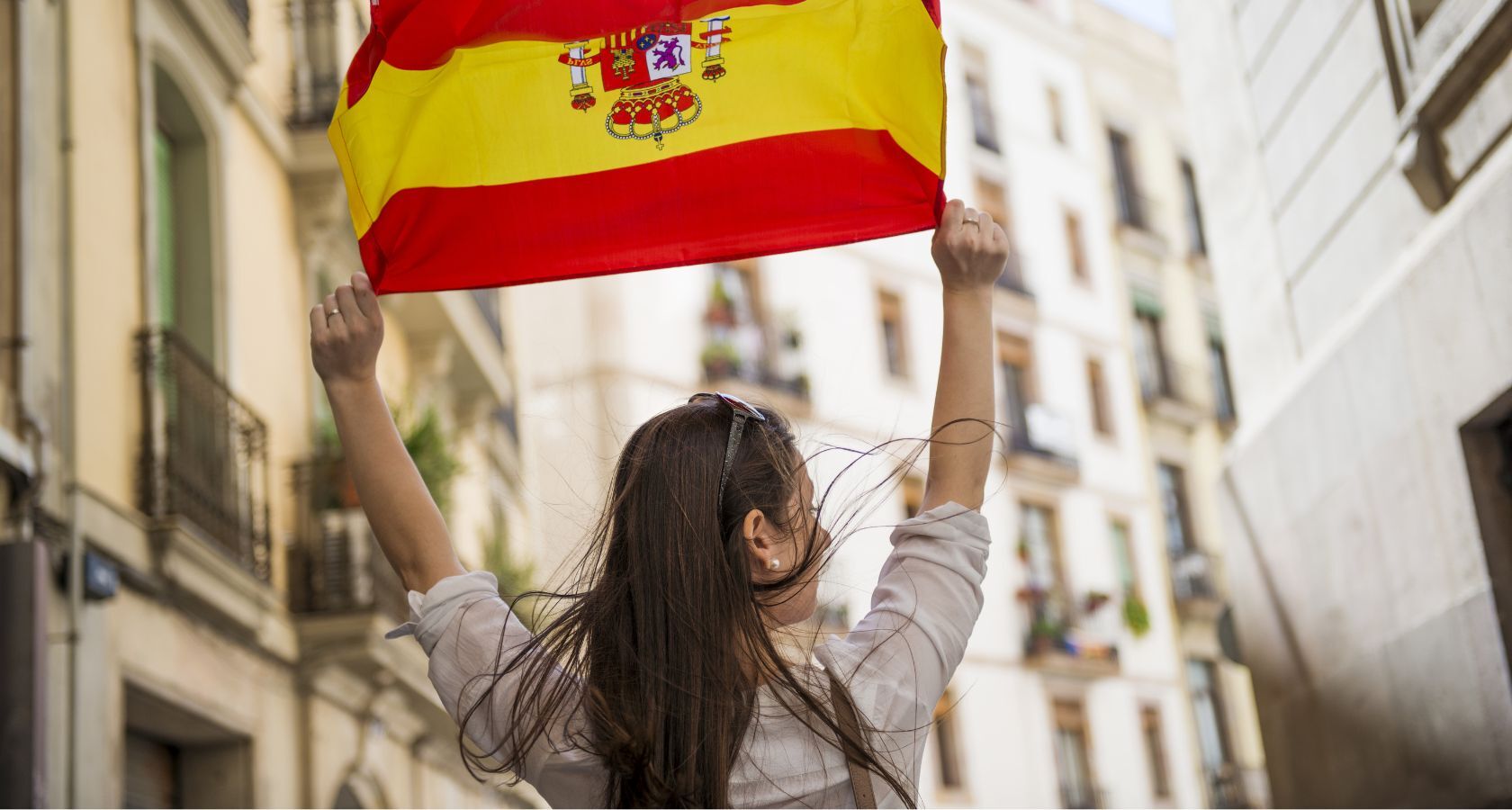
Key Benefits of the Spain Non-Lucrative Visa
While the Spain Non-Lucrative Visa may seem simple on paper, its real power lies in the lifestyle transformation it unlocks — especially for U.S. citizens seeking peace, affordability, and time back.
Let’s break down the key advantages:
Legal Residency Without a Job Offer
Unlike most visas that require employment contracts or local sponsorship, the NLV allows you to live in Spain without working for a Spanish company. You can keep your U.S. income (if passive), your lifestyle, and your citizenship — all while gaining legal residency in the EU.
You don’t need:
- A job offer from a Spanish employer
- A business in Spain
- Any real estate purchase or investment
You do need: documented, consistent income — which our team helps you present in the exact format Spain’s consulates approve.
Access to Healthcare, Travel, and Safety

Spain ranks among the top 10 countries in the world for healthcare, safety, and quality of life. With the NLV:
- You can access Spain’s world-class public healthcare system
- Or opt for private health insurance from just ~€67/month
- You can travel freely within 26+ Schengen countries
- Your children can attend excellent public or private schools
This visa doesn’t just give you permission to stay — it gives you access to a new way of living.
Bring Your Family — Legally and Easily
One of the most important (and often overlooked) benefits of the NLV is that it’s family-friendly.
Spouses and dependent children can be included in your application. You’ll simply need to show additional income per family member (currently ~€7,200/year for each dependent).
At Veorina, we guide American families through:
- Applying jointly
- Gathering birth/marriage certificates
- Apostilles and translations
- School enrollment, pediatricians, and more once in Spain
⭐⭐⭐⭐⭐ “We moved to Spain with two kids and no headaches — Veorina handled every step.”
— Lauren & Tom, Miami → Valencia

A Launchpad for Long-Term Residency or Citizenship
The NLV is not just a temporary visa — it’s a path to permanent EU residency.
After:
- 1 year → Initial visa
- 2 years → First renewal
- 2 more years → Second renewal
- 5 years → Apply for long-term residency
- 10 years → Spanish citizenship (optional)
This means you can stay in Spain indefinitely — or even become an EU citizen — without ever needing to work in Spain or give up your U.S. passport (unless you choose to).
Want to know if you qualify?
Take our 60-second eligibility quiz and get a custom assessment from our legal team.
👉 Check Your Eligibility
Requirements for the Spain Non-Lucrative Visa
Spain’s Non-Lucrative Visa (NLV) has clear eligibility rules, but the process can still feel overwhelming — especially for U.S. citizens unfamiliar with Spanish bureaucracy.
Here’s what you’ll actually need to qualify and apply successfully in 2025 — based on real experience and hundreds of approved cases.
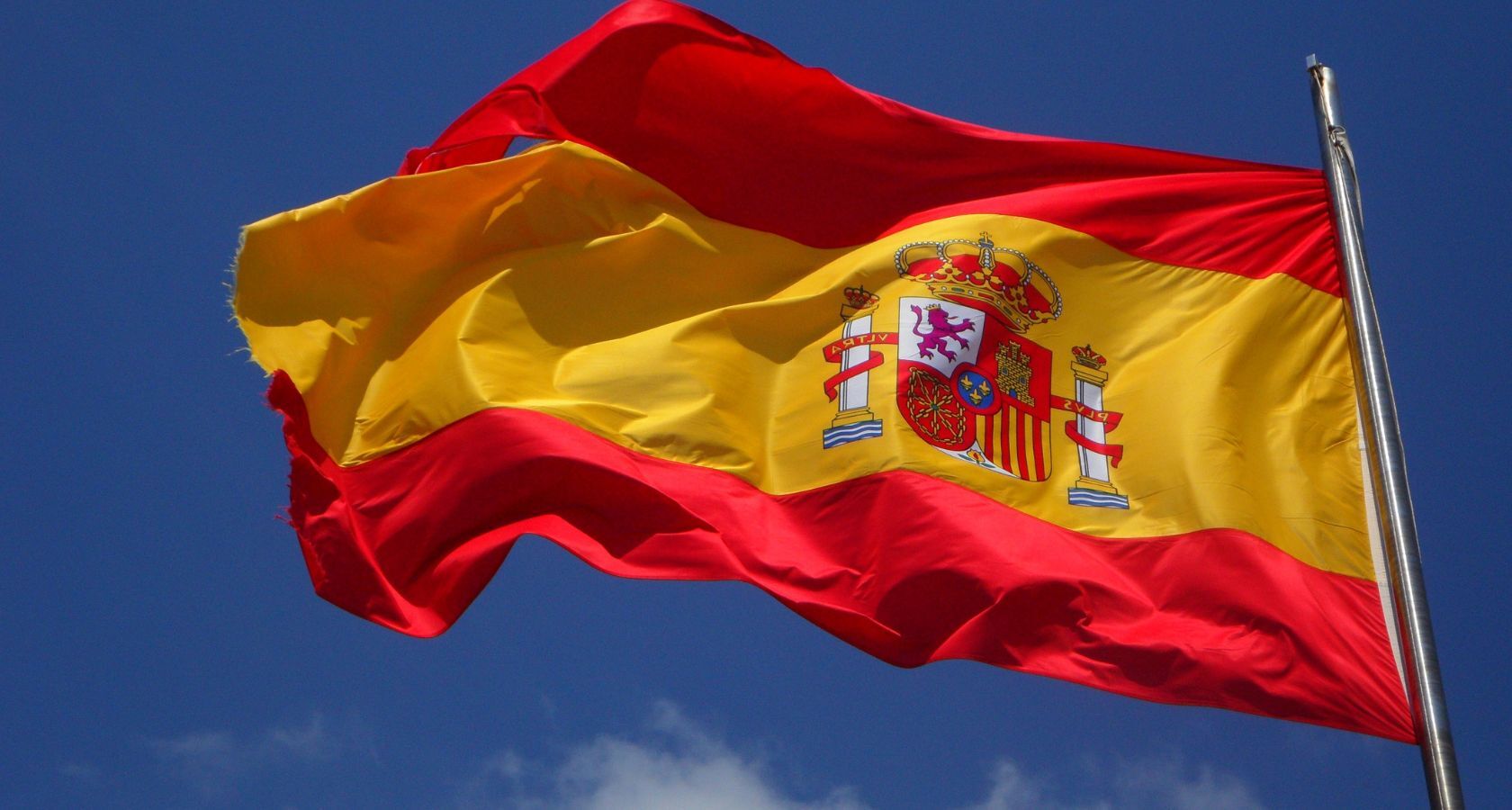
Financial Requirements (Explained for U.S. Applicants)
To get approved for the NLV, you must prove that you have enough passive income or savings to support yourself in Spain without working locally.
Spain uses a benchmark called the IPREM (Indicador Público de Renta de Efectos Múltiples) — a minimum income index updated annually.
For 2025, the income requirement is:
- €28,800/year for the main applicant (400% of IPREM)
- €7,200/year for each additional family member (100% of IPREM)
💡 That’s roughly $2,600/month for one person, or $3,200–$4,000/month for a couple depending on exchange rate.
Accepted Proof of Funds (U.S. Format Examples)
Spanish consulates want clear documentation. We’ve seen many U.S. clients denied for vague or incomplete financial records.
What usually works:
- Bank statements (6–12 months) showing consistent balances
- 1099s or investment summaries
- Pension award letters (Social Security, IRA, etc.)
- Rental income with lease agreements
- Trust distributions with legal proof
What causes problems:
- Salaries from U.S. companies (unless applying for a digital nomad visa)
- Unstable freelance income with no contracts
- Crypto-only portfolios (unless liquidated)
✅ Veorina tip: We help you prepare a “Financial Proof Packet” tailored to your income sources — with explanatory letters and formats the consulates trust.
Health Insurance (Private, Zero-Deductible)
You must show proof of Spanish health insurance — not U.S. coverage, and not travel insurance.
Requirements:
- Policy from a Spanish insurer
- Full coverage in Spain
- No deductibles, no co-pay
- Must start before or by your arrival date
Most plans cost €67–€150/month and we can recommend vetted, visa-approved providers.
Medical Certificate
Required from a licensed physician in the U.S., stating that you are free from any disease that would pose a risk to public health (based on WHO standards).
Must be:
- Issued within 90 days of appointment
- Translated into Spanish
- Often notarized and apostilled depending on consulate
We’ll provide a template your U.S. doctor can use to avoid issues.
FBI Background Check + Apostille
All adult applicants need a Federal background check (FBI):
- No major crimes
- Issued within 3–6 months
- Apostilled by the Department of State
- Translated into Spanish by a certified translator
Some consulates also require State background checks — our legal team verifies what’s needed for your region (NY, LA, Miami, etc.).
Proof of Housing in Spain
You must prove that you have somewhere to stay when you arrive.
Options include:
- Long-term rental contract (ideal)
- Hotel reservation (for short stays)
- Letter of invitation from a Spanish resident (less common)
Don’t worry — you don’t need to buy property. Most clients sign a short-term lease in cities like Valencia, Madrid, or Seville.
Visa Application Forms + Passport
- National Visa Application Form
- EX-01 Residence Application
- Valid U.S. passport with at least 12 months before expiry
- 2 passport photos (U.S. format is accepted by most consulates)
🔎 Many U.S. applicants miss key formatting or submission rules — we prepare, check, and submit all forms on your behalf.
Important Timing Notes
- Most documents must be issued within 90 days of your consulate appointment
- Bookings at Spanish consulates fill up 2–3 months in advance
- All supporting docs must be translated into Spanish by a certified translator
🎯 Don’t want to miss a requirement?
Download our free U.S.-specific NLV checklist — with document examples, timelines, and formatting tips.
👉 Get the Guide
Download our free U.S.-specific NLV checklist — with document examples, timelines, and formatting tips.
👉 Get the Guide
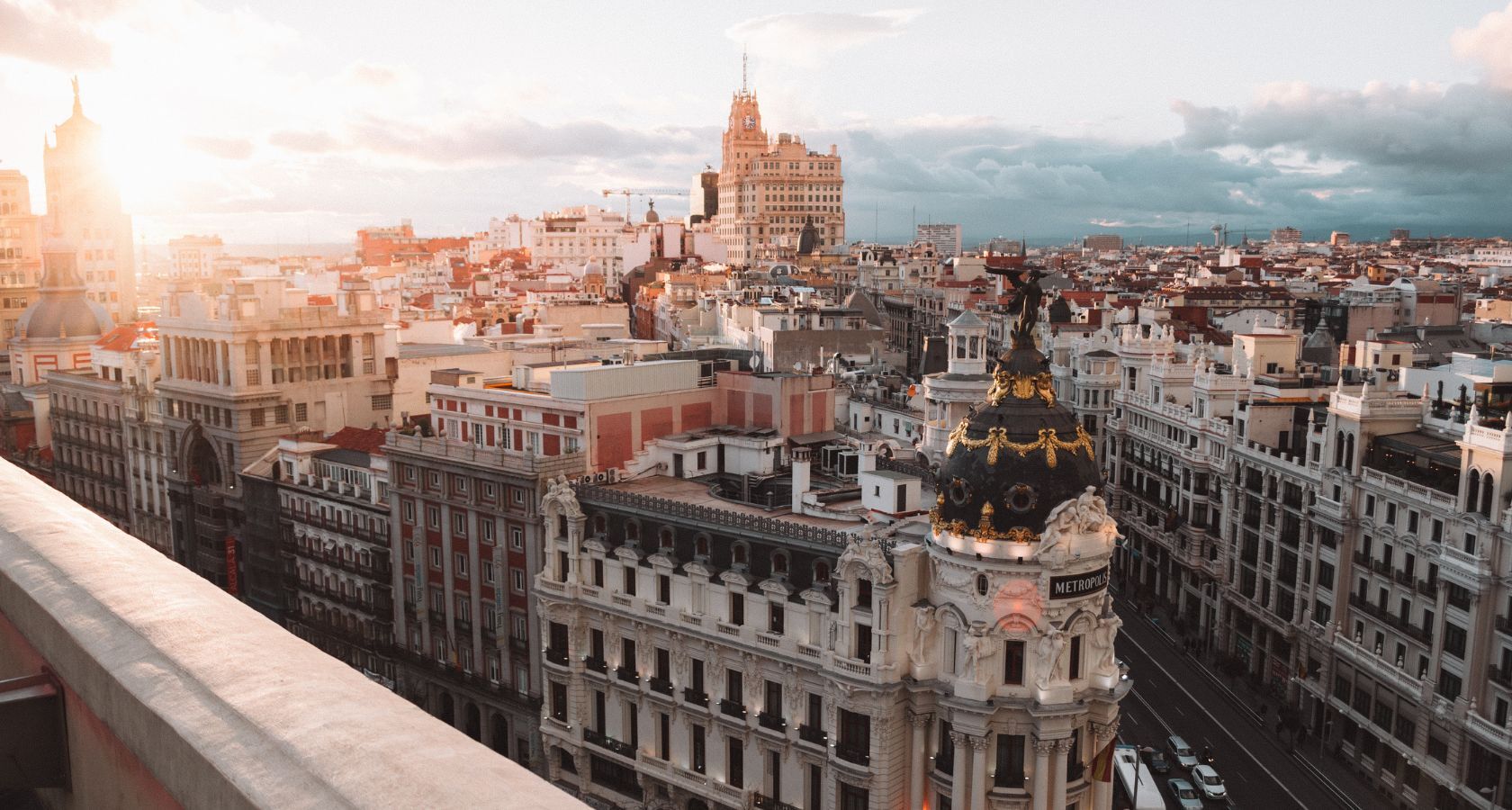
Step-by-Step Application Process (U.S. Edition)
For many US Citizens, the hardest part of applying for Spain’s Non-Lucrative Visa isn’t meeting the requirements — it’s understanding the process and knowing what to do when.
This step-by-step guide walks you through the exact sequence — from organizing your U.S. documents to entering Spain with your approved visa.
⚖️ Note: Each Spanish consulate in the U.S. (New York, Miami, Los Angeles, etc.) has slightly different procedures. At Veorina, we adjust every client’s timeline and paperwork to match their consulate’s expectations — ensuring smooth approvals.
Step 1: Plan Your Timeline (3–4 Months Before Move)
Start early. The full process typically takes 8–12 weeks, depending on:
- Your U.S. document processing speed (FBI, apostilles)
- Appointment availability at your local Spanish consulate
- How quickly you can gather financial documentation
⏱️ Typical Veorina client timeline:
- 2–3 weeks to gather documents
- 2–6 weeks to get a consulate appointment
- 4–8 weeks for visa approval after submission
We help clients speed up each step by working on multiple processes in parallel.
Step 2: Gather U.S. Documents
From financials to background checks, medical forms to translations — this is the most complex phase for most Americans.
Your U.S. document checklist includes:
- Bank statements
- Tax forms or 1099s
- FBI background check + apostille
- Medical certificate from U.S. doctor
- Marriage/birth certificates (for families)
All of these must be:
- Issued within 90 days
- Officially translated into Spanish
- Sometimes notarized and apostilled
✅ Veorina clients receive a document template pack, translator referrals, and real-time feedback to avoid mistakes.
Step 3: Prepare and Translate Your Application
Once you have your supporting documents, we’ll prepare:
- Your National Visa Application form
- The EX-01 residence form
- A cover letter explaining your intent and financial situation (required by most consulates)
Translations must be done by a certified Spanish translator — and accepted by your consulate. Some consulates require notarized or sworn translations.
Step 4: Book and Attend Your Consulate Appointment
You must apply in person at the Spanish consulate that corresponds to your U.S. state of residence.
Key consulates:
- New York
- Miami
- Los Angeles
- Houston
- (Washington DC, Chicago, and San Francisco also accept some applications)
📍 Important: Appointments are scarce and may open only once per week — we monitor your consulate's system and book as soon as slots become available.
At the appointment, you’ll submit:
- Original + copy of all documents
- Proof of financial means
- Passport
- Two photos
- Visa fee (typically ~$152 USD)
Some consulates conduct a brief interview in English or Spanish. We’ll prep you in advance.
Step 5: Wait for Approval (4–8 Weeks)
Once submitted, your application will be processed in Spain — and your local consulate will notify you when a decision is made.
- Most clients hear back within 4–6 weeks
- Visa is issued as a national residence visa, valid for 90 days
- You must enter Spain during that 90-day window to complete registration
We help track your file, communicate with the consulate if needed, and advise you on flights, housing, and next steps.
Step 6: Arrive in Spain and Start Your Residency Process
Once your visa is approved and you arrive in Spain:
- You’ll complete registration and fingerprinting
- Apply for your TIE (residence card)
- Open a Spanish bank account
- Register your address (empadronamiento)
✅ Veorina provides on-the-ground concierge support for this phase — especially helpful if you don’t speak Spanish.
📞 Want to avoid delays or rejections?
Book a free 30-minute call with our Spain-based legal team — we’ll map out your exact next steps.
👉 Book Your Free Call
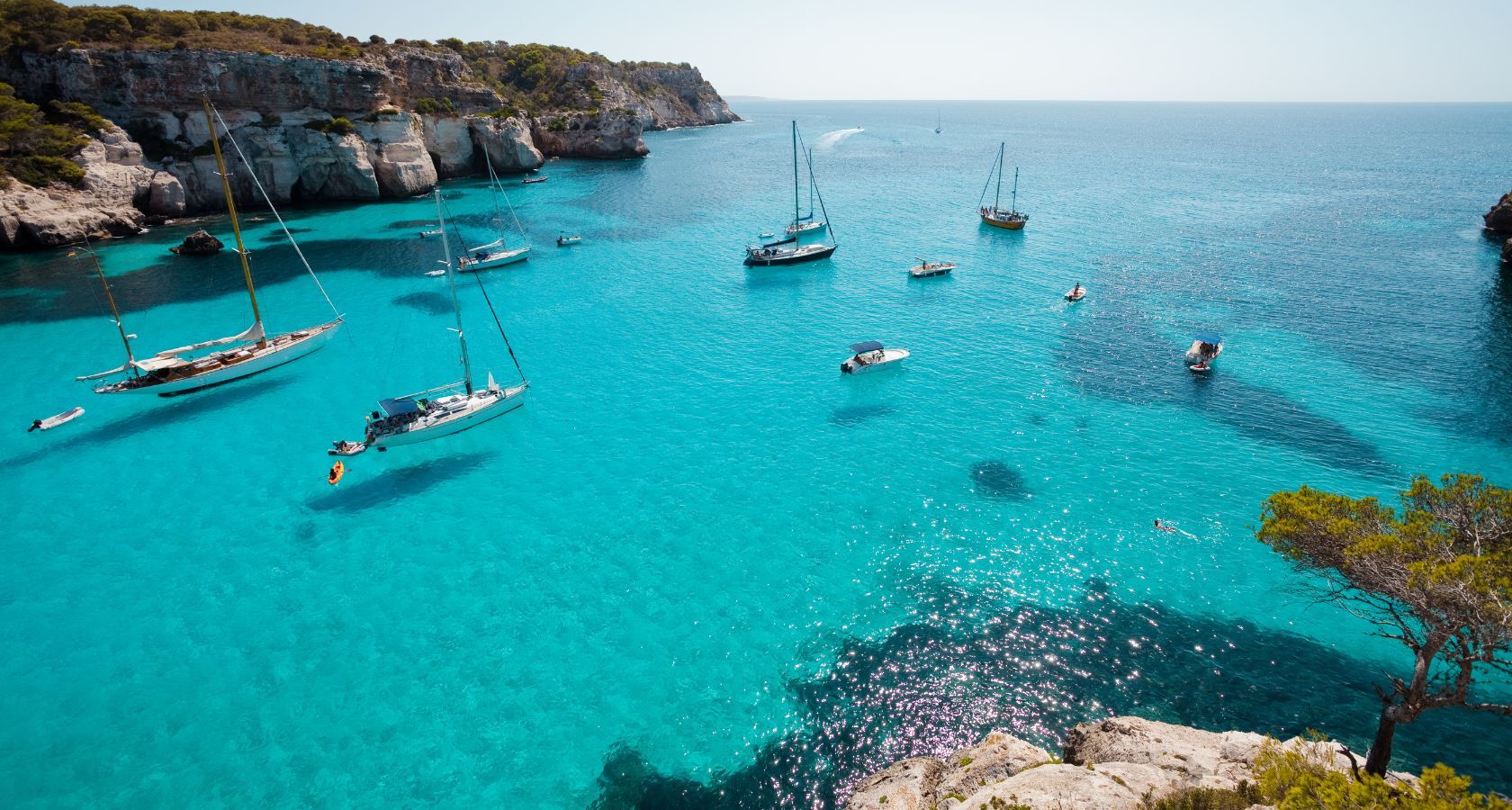
After Arrival: What You Need to Do in Spain
Getting your Non-Lucrative Visa approved is a big milestone — but you’re not done yet. Once you land in Spain, you’ll need to complete several local steps to become a registered resident.
This post-arrival process ensures your visa is officially activated, and it allows you to get your residency card (TIE), register for services, and access healthcare.
Here’s what happens next 👇
1. Register Your Address (Empadronamiento)
Empadronamiento is Spain’s version of official address registration — and it’s mandatory for all residents.
You’ll need to visit your local Ayuntamiento (Town Hall) with:
- Your rental contract or utility bill
- Passport
- Your visa
- Completed registration form (we help pre-fill it)
💡 Why this matters:
- It’s required before you apply for your residency card (TIE)
- Some cities won’t let you get a health card, register for schools, or open utilities without it
✅ Veorina helps book your Town Hall appointment and provides a translator or escort if needed.
2. Apply for Your TIE (Tarjeta de Identidad de Extranjero)
This is your residency card — a plastic ID issued by Spain’s immigration office (Extranjería). You’ll need to apply within 30 days of arriving in Spain.
We handle:
- Booking your fingerprinting appointment
- Completing all forms
- Providing the payment code (Modelo 790-012)
- Walking you through what to bring and what to expect
Once approved, you’ll return 3–4 weeks later to pick up your card.
3. Open a Spanish Bank Account
Though not a legal requirement for the visa, having a local account makes your new life easier. You’ll need it for:
- Rent payments
- Health insurance billing
- Utilities and phone plans
We introduce clients to expat-friendly banks that accept NIE-only accounts and support English service.
4. Set Up Utilities, Phone, and Internet
Depending on your city, some services will require:
- Proof of address
- Spanish IBAN
- NIE or TIE application receipt
Our concierge team can help:
- Compare internet providers
- Set up automatic payments
- Switch utilities into your name (if needed)
5. Enroll Your Children in School (If Applicable)
Public education in Spain is free and available to expat families. Private and international options also exist — especially in cities like Madrid, Valencia, and Barcelona.
We guide you on:
- Zoning rules
- Required vaccinations and documentation
- Language support for bilingual or international tracks
6. Activate Your Health Insurance
Once you have your empadronamiento and TIE in process, you can:
- Enroll in public healthcare (if applicable)
- Or activate your private insurance plan (mandatory for your visa)
✅ We review your policy to ensure it meets visa renewal standards and help you find English-speaking clinics in your area.
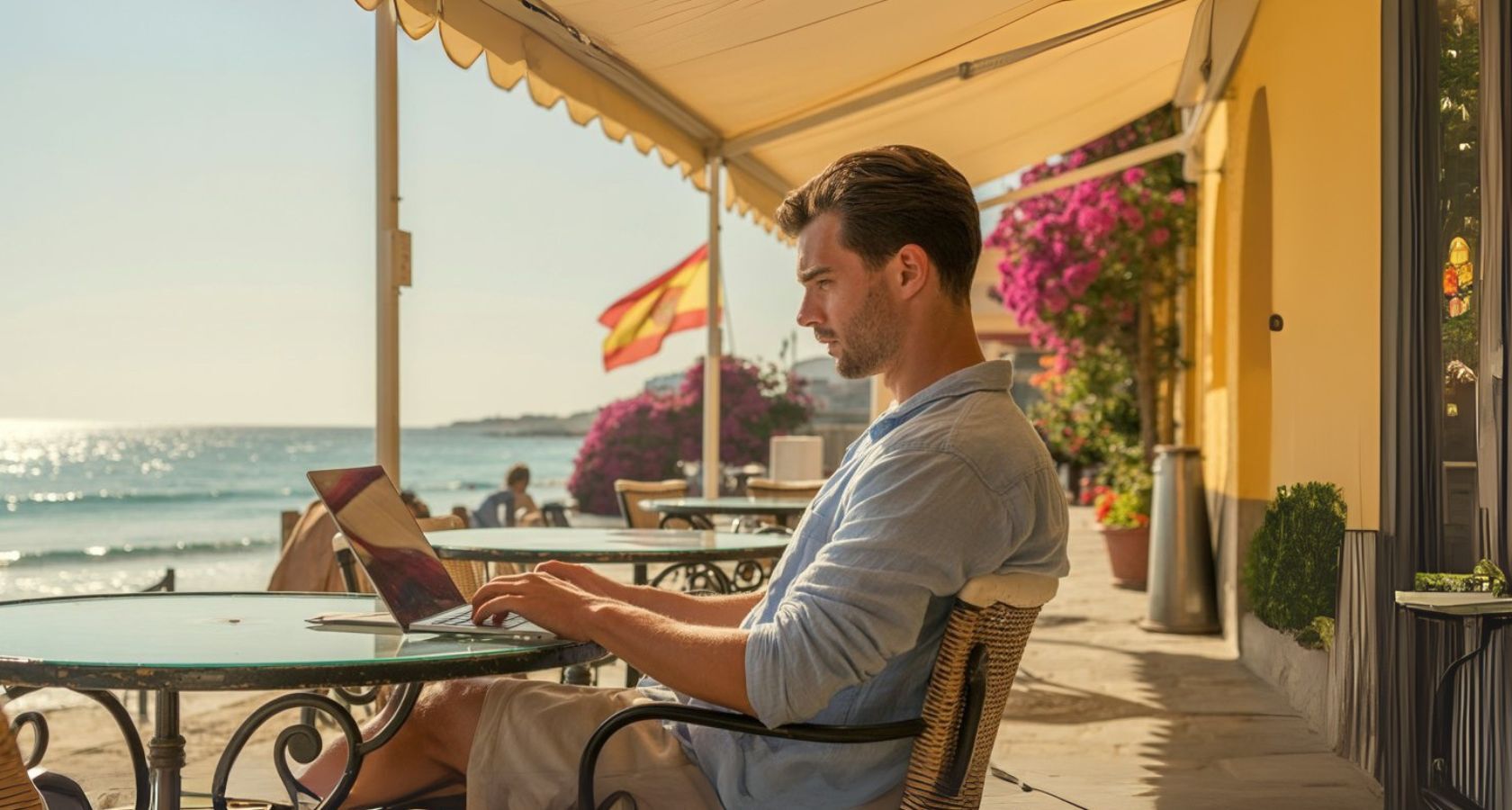
Final Step: Breathe. You’re Officially a Spanish Resident.
From this point on, you’ll be living legally in Spain with:
- A valid residency card
- Access to healthcare, housing, banking, and more
- The option to renew and stay long-term — or even become a Spanish citizen in 5–10 years
🎯 Need help after landing in Spain?
Our relocation concierge service helps with every local step — from NIE appointments to picking the right phone plan.
👉 Book Setup Help
Renewal, Long-Term Residency & Spanish Citizenship
The Spain Non-Lucrative Visa isn’t just a temporary permission to stay — it’s a gateway to permanent life in Spain. If you love the Mediterranean lifestyle (and most of our clients do), this visa lets you build a stable future, step by step.
Here’s how the renewal and residency timeline works — and how to stay compliant along the way.
How Long Does the NLV Last?
Your initial visa is valid for: 1 year from your date of arrival in Spain
Then you can apply for renewals that extend your stay.
Renewal Timeline & What You’ll Need
After the first year, you’ll renew for:
- 2 years (1st renewal)
- Then another 2 years (2nd renewal)
- After 5 years total → eligible for permanent residency
Each renewal requires you to:
- Prove you’ve spent at least 183+ days/year in Spain
- Show continued income at the required level
- Show continued health insurance coverage
- Maintain legal residency and a registered Spanish address
- Provide updated background checks (in some cases)
Veorina’s renewal service takes care of timelines, paperwork, and submission to Extranjería — ensuring you never miss a deadline.
Can I Work in Spain After Renewal?
After your first renewal (Year 2), you may request a modification of your residency to:
- A work permit (autónomo/freelance or employee)
- A business residency (if you’re launching a company)
We guide clients through this transition when ready, ensuring a legal shift without risk of noncompliance.
Apply for Long-Term Residency in Spain
After 5 years of continuous, legal residence, you can apply for Residencia de Larga Duración.
Benefits of long-term residency:
- Renewable every 5 years
- Easier renewals (no full income proof each time)
- Access to public healthcare without private insurance
- More flexibility for business or employment
Requirements:
- 5+ years of uninterrupted legal stay
- No extended absences (>10 months total in 5 years)
- Clean legal record
Veorina prepares your application and liaises with local offices to ensure approval.
Spanish Citizenship: The 10-Year Path
If you're considering a full life in Spain — including the right to vote, own property without limitations, or travel freely across the EU as a citizen — Spanish citizenship may be an option.
To apply, you’ll need:
- 10 years of legal residence
- Clean criminal record
- Integration proof (language test, cultural test)
- Renunciation of U.S. citizenship (note: in practice, many Americans retain both)
📝 We’ll help you decide if citizenship makes sense — or if permanent residency is sufficient for your long-term goals.
Our Renewal & Residency Support Includes:
- Personalized renewal timeline tracking
- Full documentation & form prep
- NIE/TIE updates and card replacement if needed
- Income and insurance updates to match new rules
- Coordination with local town halls and Extranjería
- Modification support for those switching to work or business visas
⭐⭐⭐⭐⭐ “I had no idea renewal would be this complex. Veorina handled it all — even when the local office changed policies at the last minute.”
— Jared M., California → Málaga
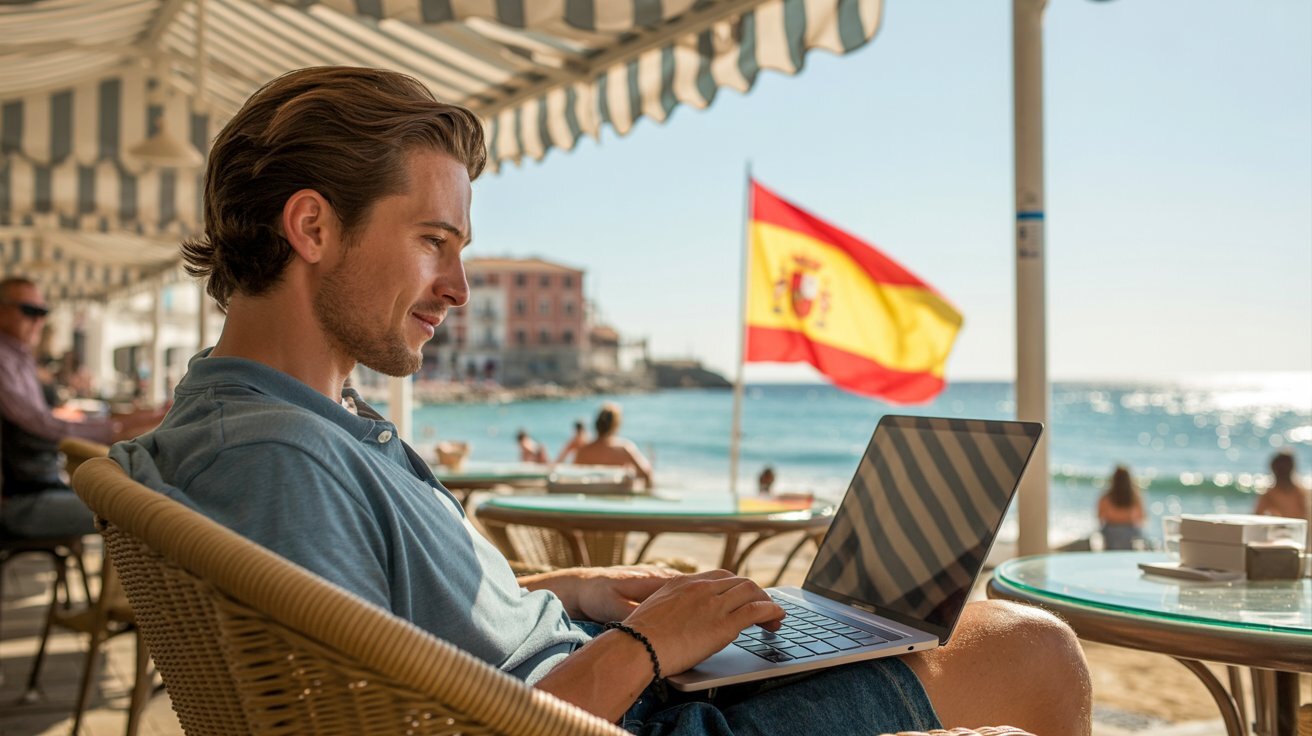
Spain Non-Lucrative Visa vs. Other Spanish Visas: What’s the Difference?
If you're exploring a move to Spain, it’s easy to get overwhelmed by the different visa options. The Non-Lucrative Visa (NLV) is a fantastic path for many U.S. citizens — but how does it compare to alternatives like the Digital Nomad Visa, Entrepreneur Visa, or Student Visa?
Here’s a breakdown of the main Spanish visa types for Americans, with pros, cons, and which one might fit your lifestyle best.
⚖️ NLV vs DNV?
Not sure if your income counts as “passive”?
📞 Book a free call with our legal team — we’ll advise on the best path:
👉 Get My Free Assessment
Summary Comparison Table
💡 Not sure which visa fits your income or lifestyle?
Take our 60-second quiz and get a free recommendation from our legal team.
👉 Find Your Best Visa Option

Common Mistakes and Rejections — And How to Avoid Them
Many Americans assume the Spain Non-Lucrative Visa is “easy” — and it can be, if done correctly. But every year, hundreds of applications get rejected for reasons that are completely avoidable.
Here are the most common mistakes we’ve seen — and exactly how to avoid them.
❌ 1. Submitting Incomplete or Unclear Financial Documents
Biggest reason for rejection.
Consulates require proof of passive income that is:
- Consistent (month-to-month)
- Easily traceable (bank or brokerage)
- Legally sourced and clearly documented
🚫 What doesn’t work:
- Screenshots of app balances
- Crypto wallets without statements
- Inconsistent freelance earnings without contracts
✅ What works:
- PDF bank statements from a major U.S. institution
- Official pension or dividend letters
- Lease agreements + deposit proofs
🛡️ Veorina formats your income packet according to your consulate’s preferences — with cover letters, notarized summaries, and translations.
❌ 2. Forgetting the 90-Day Validity Rule
Most required documents must be:
- Issued within 90 days of your consulate appointment
- Still valid at the time of review
This includes:
- FBI background checks
- Medical certificates
- Insurance policies
- Translations
If just one document is too old, your entire application can be rejected — or sent back for resubmission (costing months).
💡 We build your timeline backwards from your appointment date to ensure nothing expires before submission.
❌ 3. Using the Wrong Translator or Apostille Provider
Spain is strict about:
- Certified translations
- Apostilles from correct state/federal authorities
- Format and language compliance
🚫 Common issues:
- Google Translate or bilingual friend used
- Wrong apostille (state vs federal mismatch)
- Documents not notarized when required
✅ We connect you with vetted, Spain-compliant translators and apostille services — and verify each document before submission.
❌ 4. Booking the Wrong Consulate or State Jurisdiction
Spanish consulates in the U.S. are geographically assigned — you can’t just choose the one with faster slots.
🚫 Don’t:
- Book an appointment at the wrong consulate
- Use an address in a different state to “speed things up”
✅ We confirm your legal consulate by residence and manage booking at the correct location — even when their calendars open at 3am.
❌ 5. Applying Without Strategy or Legal Support
Many rejections come from:
- Applicants using outdated blog posts
- Missing documents or explanations
- Failing the in-person interview due to lack of clarity
Even one small oversight (wrong date, missing form, blank field) can cost you months — or disqualify you for a year.
“We applied on our own, got rejected, and then hired Veorina. They rebuilt our file, and we were approved in 6 weeks.”
— Scott & Dana, Texas
✅ How We Ensure Approval — Every Time
At Veorina, we’ve helped over 100 Americans secure Spain’s NLV — including clients previously denied.
Our process includes:
- Pre-screening to confirm eligibility
- Document checklist customized by consulate
- Full application preparation and translation
- Appointment booking and prep
- Legal oversight from our Spain-based team
- Concierge support from start to arrival
💯 100% approval rate on eligible cases
💡 Worried about getting rejected?
We don’t guess. We only take cases we know we’ll win.
📞 Book a free consultation and get an honest, expert review of your situation.
👉 Check If You Qualify

Spain Non-Lucrative Visa — Frequently Asked Questions (U.S. Edition)
Here are the most common questions we hear from American clients thinking about the NLV — with clear, up-to-date answers from our Spain-based legal team.
🧾 Is the Spain Non-Lucrative Visa renewable?
Yes.
The initial visa is valid for 1 year, and it can be renewed for 2 years, then another 2 years. After 5 years total in Spain, you may qualify for permanent residency.
👨💻 Can I work remotely on the Non-Lucrative Visa?
Not officially.
The NLV is designed for people with passive income (investments, rentals, pensions). If you actively earn income from remote work, consider the Digital Nomad Visa instead.
Need help choosing? 👉 Compare Visas
💰 What are the financial requirements for U.S. citizens?
You must show €28,800/year in passive income (as of 2025).
Add €7,200/year for each dependent.
This includes:
- Retirement income
- Dividends
- Rental property income
- Trusts, investments, annuities
🩺 Do I need private health insurance?
Yes.
Your policy must:
- Be from a Spain-based provider
- Include no co-pays or deductibles
- Start before or by your arrival in Spain
We help clients find visa-compliant coverage from €67/month.
🧳 Can I include my spouse or children?
Yes.
You can apply as a family unit, showing proof of:
- Marriage or birth certificates
- Extra income per dependent (€7,200/year)
We handle apostilles, translations, and family filing strategy.
📍 What if I live in Florida or Texas?
You’ll apply through the Spanish consulate assigned to your state:
- Florida → Miami
- Texas → Houston
- California → Los Angeles
- New York → NYC
Each has its own rules. Veorina matches your documents to your consulate’s expectations.
⛔ What are common reasons Americans get denied?
- Documents older than 90 days
- Poorly formatted income proof
- Missing translations or apostilles
- Trying to apply at the wrong consulate
- Using income that isn’t considered “passive”
We eliminate all of the above by managing the full process for you.
🕒 How long does the visa process take?
On average:
- 2–4 weeks to gather documents
- 2–6 weeks to get an appointment
- 4–8 weeks to receive approval
Most Veorina clients are approved in 8 weeks from start to finish.
🗺️ Can I travel while on this visa?
Yes!
The NLV gives you:
- Legal residence in Spain
- Visa-free travel across 26+ Schengen countries
Just make sure you spend at least 183+ days/year in Spain to stay compliant for renewals and permanent residency.
Will I need to speak Spanish?
Not necessarily.
While helpful for daily life, the visa process can be completed entirely in English — especially with bilingual legal help like ours.
We also provide relocation support, including:
- Bank setup
- SIM cards
- Health insurance
- Property searches
- Local paperwork
🤔 Still have questions?
Schedule a free discovery call — we’ll answer your personal concerns, assess your income, and explain the exact process.
👉 Book My Free Call
Conclusion: Is the Spain Non-Lucrative Visa Right for You?
If you're a U.S. citizen feeling drained by high taxes, rising costs, and political uncertainty — you're not alone. More and more Americans are choosing Spain’s Non-Lucrative Visa as a way to reset their lifestyle, regain peace of mind, and enjoy European quality of life without giving up their U.S. identity.
Whether you're:
- A retiree ready for sunshine and savings
- A family looking for stability and safety
- Or someone with passive income dreaming of a slower, healthier pace...
The NLV offers a clear, legal, and proven path to make it happen.
✅ You don’t have to speak Spanish.
✅ You don’t have to quit your U.S. tax status.
✅ And you don’t have to figure it out alone.
What Happens When You Work With Veorina
At Veorina, we’ve helped over 100 Americans move to Spain with 100% approval on eligible cases — even clients who were denied elsewhere.
We offer:
- Spain-based bilingual immigration lawyers
- Concierge-level service (banking, housing, insurance)
- Full legal prep, translations, and consulate booking
- Ongoing support — even after you land in Spain
⭐⭐⭐⭐⭐ “We were overwhelmed trying to do it alone. With Veorina, we were approved in 6 weeks and sipping wine in Valencia. Total game changer.”
— Jessica & Mark, NYC → Spain
✅ Take the First Step Today
We know how big this decision feels — that’s why we start small:
📞 Book a free 30-minute consultation
We’ll review your goals, income, and timeline — and map out the exact path that’s best for you. No pressure. Just clarity.
📥 Or download our free guide:
“How to Get Spain’s Non-Lucrative Visa — U.S. Citizens Edition”
Includes income formats, timelines, consulate tips, and mistake-proof checklists.
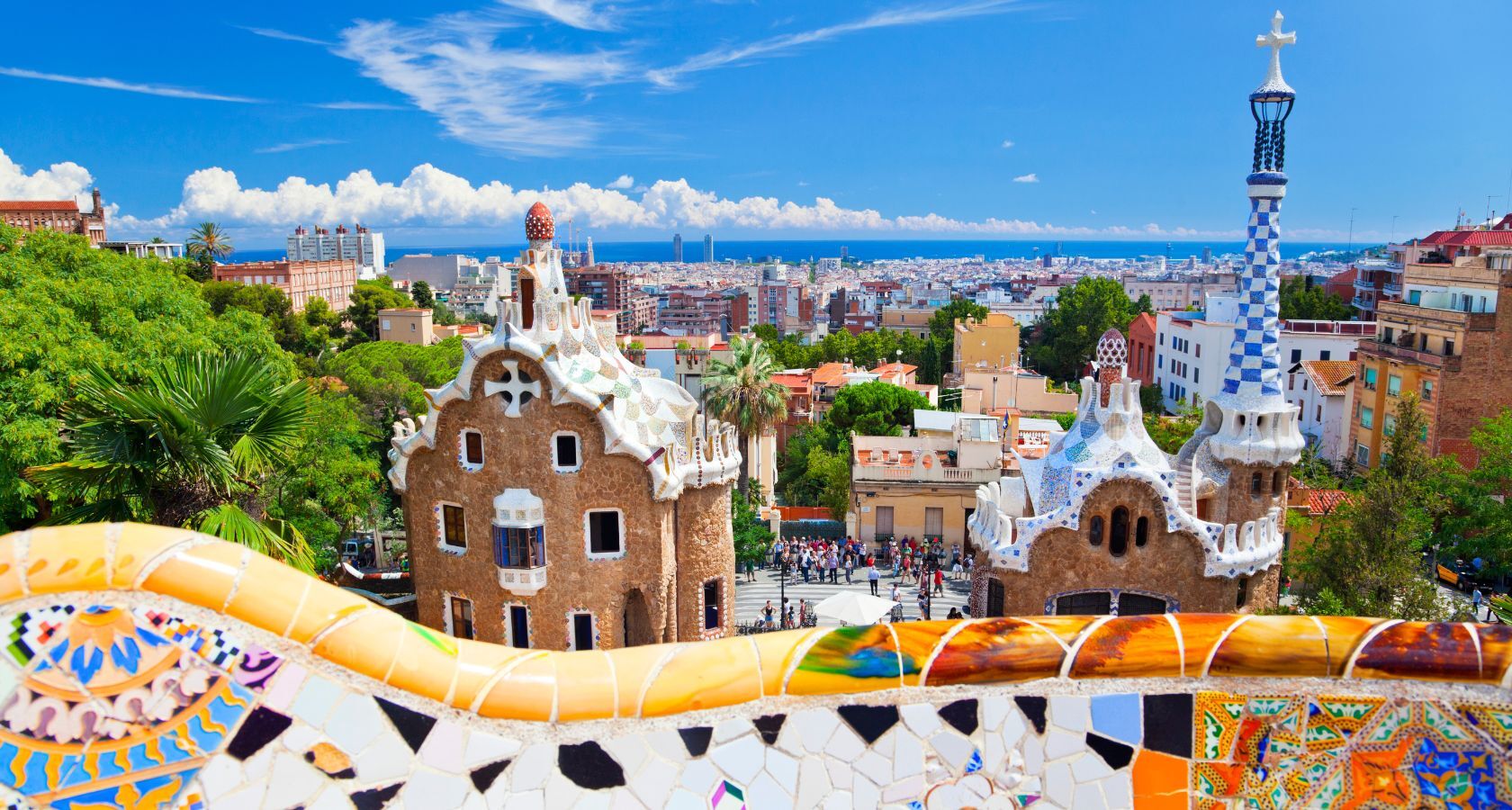
Everything U.S. Citizens Need to Know About Spain’s Non-Lucrative Visa
If you’re searching for:
You’ve found your answer.
Veorina Advisors offers premium immigration support tailored for U.S. citizens who want to live legally, peacefully, and beautifully in Spain.
- Spain non-lucrative visa
- How to move to Spain from the USA
- Spain visa for Americans with passive income
- Legal path to Spanish residency without working
- Relocate to Spain from California, Florida, or New York
You’ve found your answer.
Veorina Advisors offers premium immigration support tailored for U.S. citizens who want to live legally, peacefully, and beautifully in Spain.


